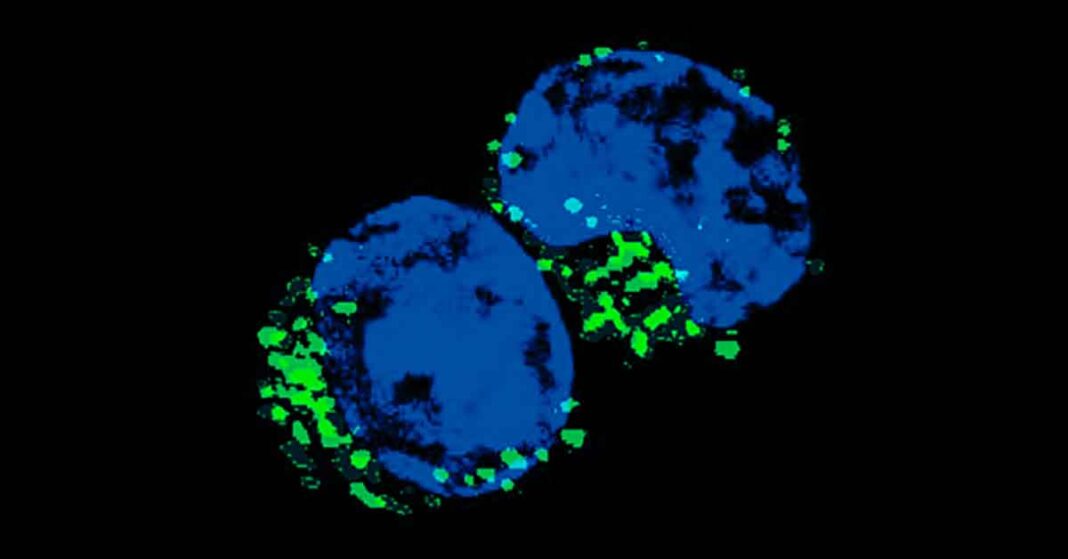Why is it that some food allergies last a lifetime? Researchers looking for an answer may have a new clue to how the body “remembers” to be allergic.
Allergic reactions to foods are largely caused by antibodies called Immunoglobulin E (IgE), proteins that attach to mast cells that hold histamines and other immune-reactive compounds. IgE antibodies bind to specific allergens, say peanut protein, and when they do, they trigger the mast cell to release their contents into the bloodstream, setting off an immune response known as an allergic reaction.
“IgE is a key step in causing allergies,” says Dr Kenneth Hoehn, co-author of a recent study published in the journal Science and Translational Medicine. IgE and other antibodies are produced by a type of immune cell called a B cell. The “memory” subtype of these cells helps the immune system recall past threats—like old allergens or past infections—for future needs.
But memory B cells that make IgE are “very rare—which seems odd given the fact that some people have allergies their whole lives,” he says.
So if memory B cells that produce IgE are rare, there must be some other source that produces the antibody.
To find that source, researchers compared blood samples from 58 children with peanut allergy to those of 13 who were not allergic. They found the participants with peanut allergy had a higher number of B cells marked with CD23, a protein found on B cells that produce IgG and the number of such B cells was directly proportional to the level peanut-reactive IgE in their blood.
The researchers were then able to compel these IgG-producing cells to make IgE in the lab, suggesting that IgG memory B cells are “primed to switch to IgE,” according to Hoehn.
The discovery provides yet another piece of the allergy puzzle, and a better understanding of that puzzle will lead to therapies and treatments.
“Identifying what is causing allergies to last so long could help treat them on a more long-term basis,” says Hoehn.
- Peanut Allergy May Hold Clues to Other Food Allergies, Study Finds — Yale School of Medicine
- CD23+IgG1+ memory B cells are poised to switch to pathogenic IgE production in food allergy — Science Translational Medicine





